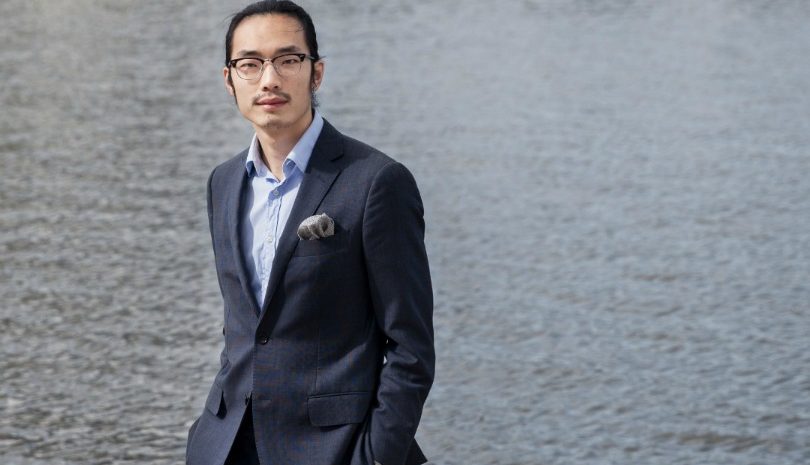Akagu launches a new format for online auctions

Online auction marketplace Akagu aims to disrupt the pricing of goods in Australia by letting customers decide what they want to pay for items.
The marketplace is based on the Dutch auction system, a centuries-old selling technique that originated in Holland’s wholesale flower markets. Unlike a traditional auction which drives the price up, a Dutch auction starts at the uppermost price, the recommended retail price, and decreases periodically until a buyer is found, or the sale ends.
Akagu founder Jimmy Zhong sees the unusual sales method as a way for retailers to offer dynamic pricing on new collections and eliminate excess stock without heavy discounting.
“The industry is bleeding right now. Fast fashion has really disrupted things and caused a lot of local indie designers to compete on price and it’s a race to the bottom. That’s not what we’re about,” Zhong told Internet Retailing.
The Melbourne entrepreneur says he got the idea for the marketplace after his fiancée purchased a dress that didn’t quite fit at a warehouse sale in Melbourne. She resold it on eBay for close to the full retail price. “I thought it was crazy that the retailer couldn’t sell it at that price,” he said.
Zhong wants to make Akagu the go-to retail platform for emerging Australian designers. After a soft launch in December 2015 to gauge interest, the start-up has hosted four online sales events.
Over 500 subscribers participated and retailers were able to recover on average more than 10 per cent on sales, according to Zhong. Designers can set the lowest price they are willing to sell each item for, and Akagu itself takes a 10 per cent cut of the final sale price.
“Once we explain how [the platform] works, the feedback is overwhelmingly positive. The challenge is to replicate that one-on-one explanation at scale,” Zhong said.
Optimising the platform for mobile and building back-end analytic capabilities are Zhong’s top priorities ahead of Akagu’s official launch in January 2017. “We’re really focused on building analytics in the back-end to give designers insights into pricing and customer behaviour that no one else will be able to offer,” he said.
Zhong also sees potential for the future integration of beacon technology to enable omnichannel retailing through Akagu. “What I envision is walking into a High Street boutique and getting a notification from Akagu that an item [instore] will be sold in an upcoming auction,” he said.
The startup is valued at $2 million and has attracted a number of retail brands, including wholesalers for Karen Walker, LIFE with BIRD and Camilla and Marc, according to Zhong. Melbourne property developer Capital Alliance recently invested $400,000 in Akagu in a bid to promote Australian entrepreneurship.
Comment Manually
You must be logged in to post a comment.

No comments